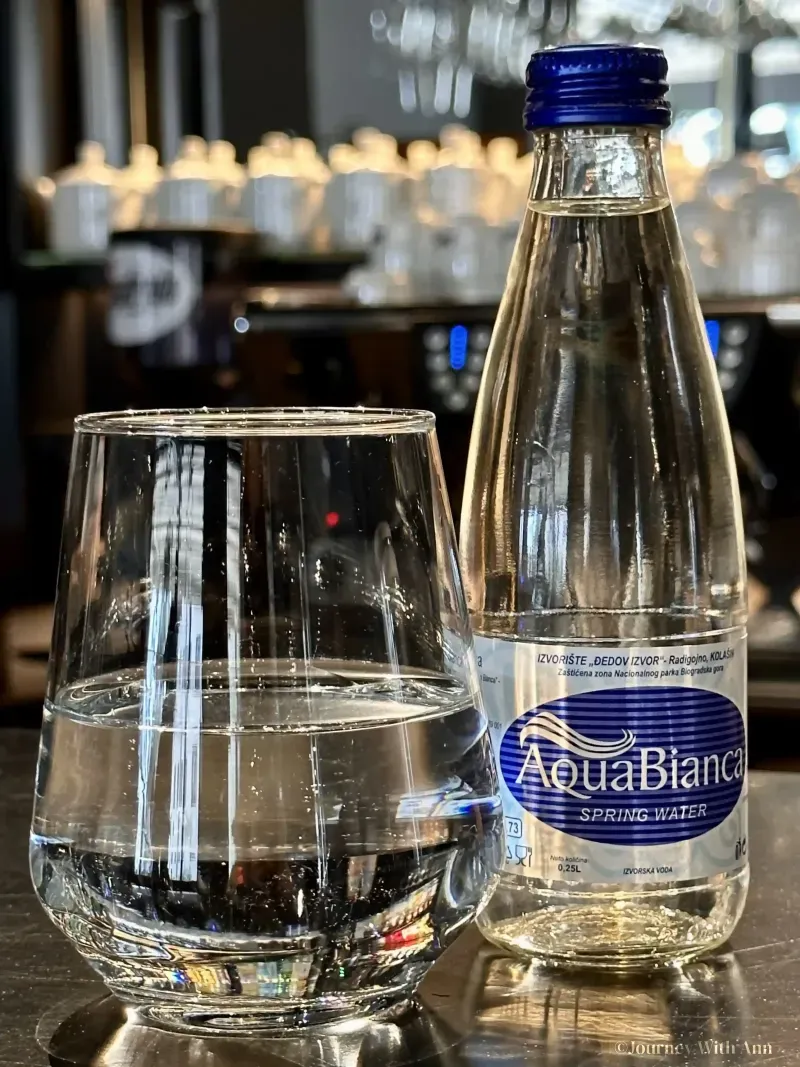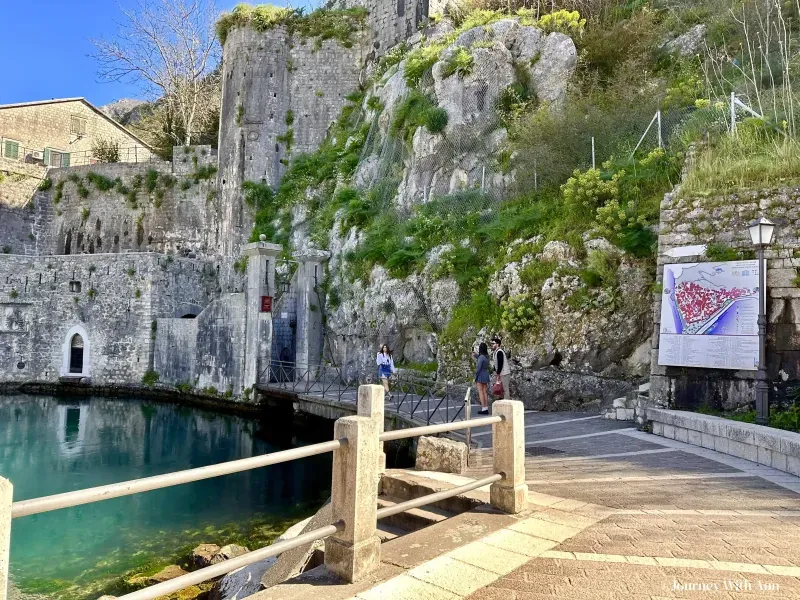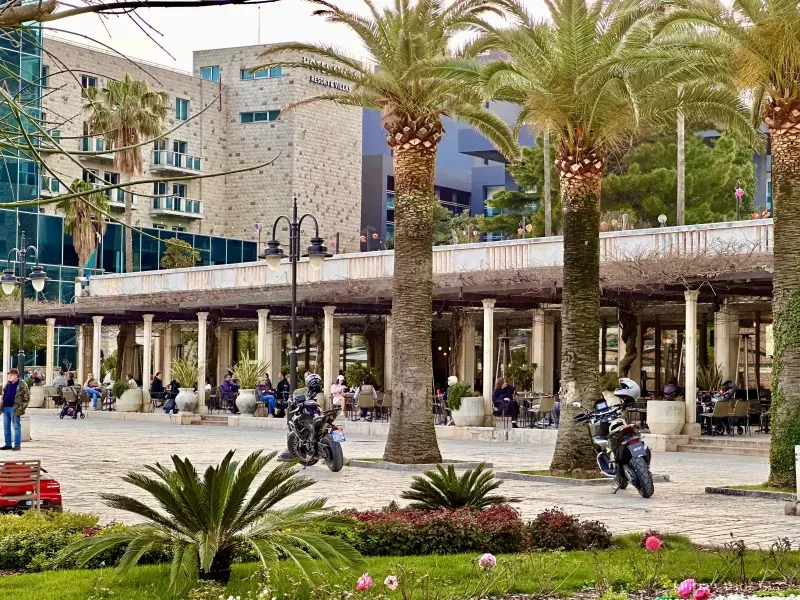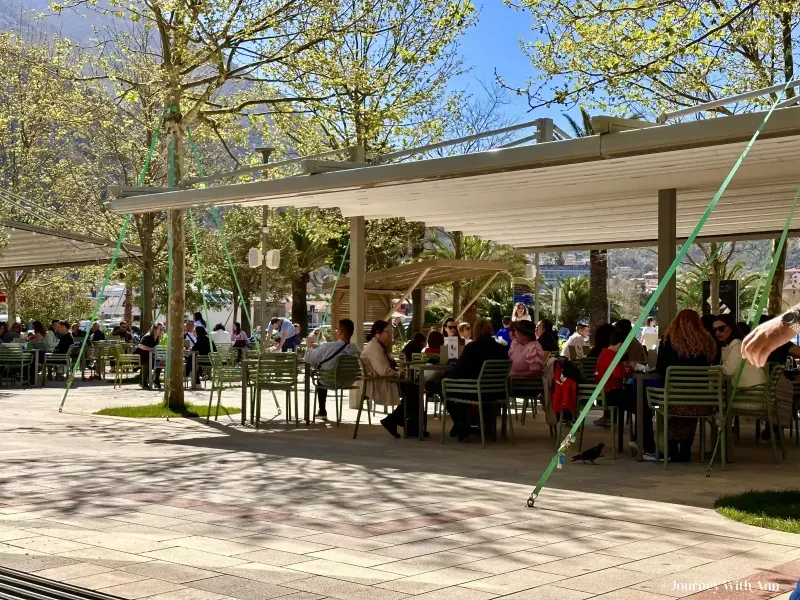Understanding the Water Quality in Kotor
Kotor's water supply comes primarily from local springs and underground sources, which are generally of high quality due to the region's relatively pristine environment. The public water system in Montenegro is managed by regional water companies that are responsible for treating and distributing water to ensure it meets national and international safety standards.
Regulatory Oversight and Standards
The quality of tap water in Kotor is regulated by Montenegrin health and environmental agencies, which adhere to standards set forth by the European Union and the World Health Organization (WHO). These standards encompass a wide range of parameters, including microbiological, chemical, and physical indicators, to ensure the water is safe for human consumption.
Water Treatment Processes
Before reaching household taps, water undergoes several treatment stages, including filtration and disinfection, to remove impurities and pathogens. Chlorination is a common disinfection method used to maintain water quality throughout the distribution system. However, the taste and odor of chlorine in tap water might be noticeable, which can be unsettling for some individuals, though it does not indicate the water is unsafe to drink.
Periodic Testing and Monitoring
To maintain compliance with health standards, water quality in Kotor is subject to regular monitoring. This involves periodic testing of water samples from various points in the supply chain to detect any potential contaminants. The results of these tests are typically available to the public and can provide reassurance to residents and visitors about the water's safety.
Considerations for Travelers
While tap water in Kotor is generally considered safe for consumption, travelers with sensitive stomachs or those unaccustomed to the local water might prefer to take precautionary measures. This can include using bottled water for drinking and brushing teeth or investing in a portable water filter or purifier. Additionally, it's advisable to let tap water run for a few seconds before use to flush out any stagnant water from the pipes, especially in older buildings.
Environmental Impact and Sustainability
Opting to drink tap water instead of bottled water can significantly reduce plastic waste and environmental impact, aligning with sustainable travel practices. For those concerned about the taste or chlorine content, filling a container and letting it sit open for a few hours can allow chlorine to dissipate, improving the taste.
Conclusion
In conclusion, tap water in Kotor, Montenegro, is safe to drink, meeting both national and international standards for water quality. The efforts of local water authorities in treating and regularly testing the water supply play a crucial role in ensuring its safety for residents and visitors alike. It is worth mentioning that the people of Montenegro often say that the tap water is safe to drink—it's pure and poses no harm. Moreover, pharmacists may suggest drinking water to help elevate blood pressure, leading to its normalization. Thus, whether to indulge in the convenience of tap water is a personal choice, leaving the decision entirely up to you.



